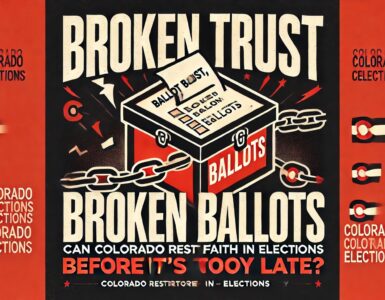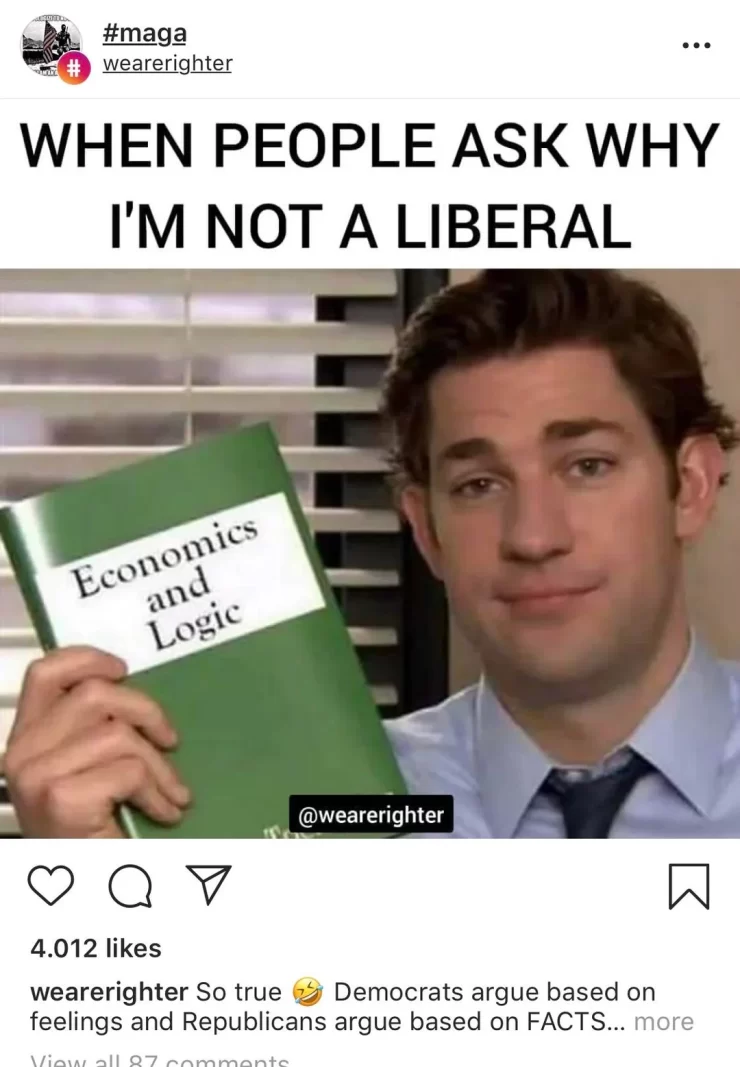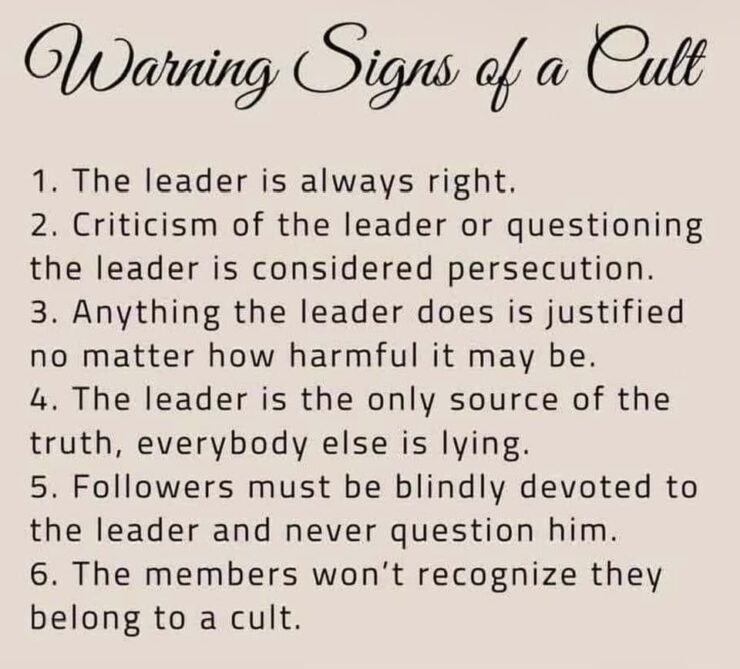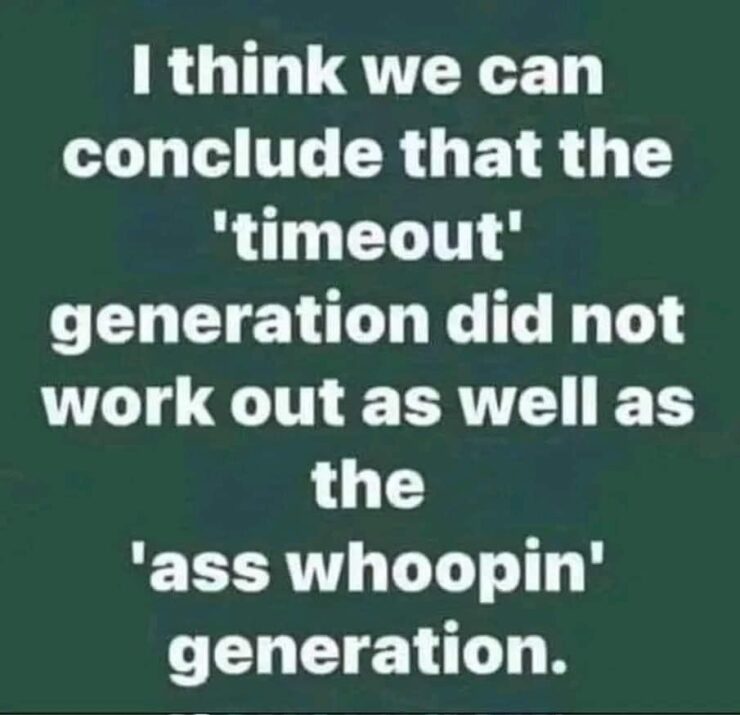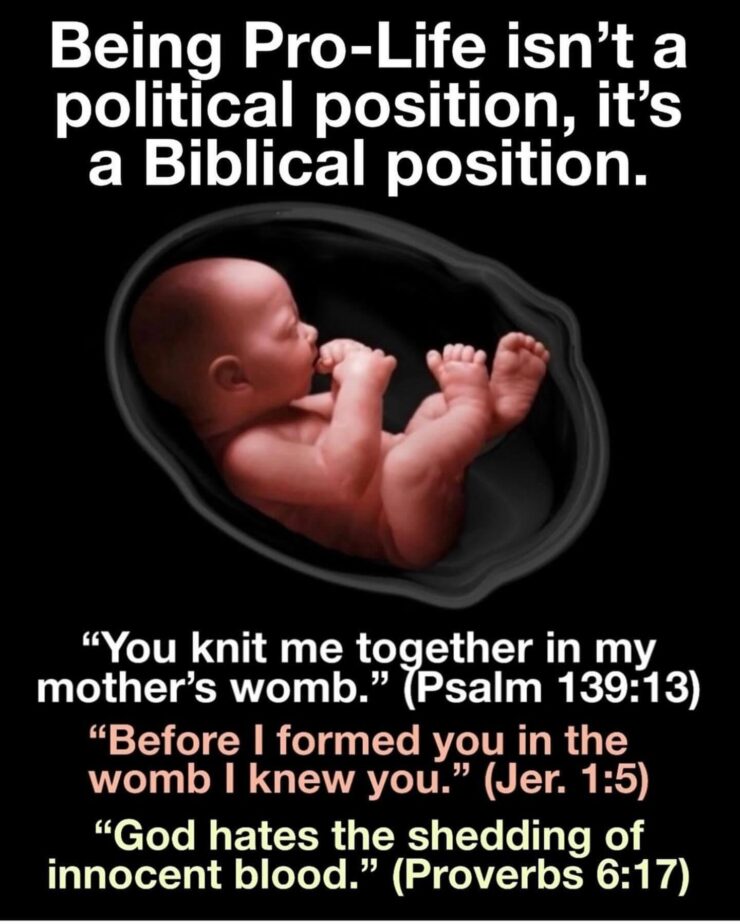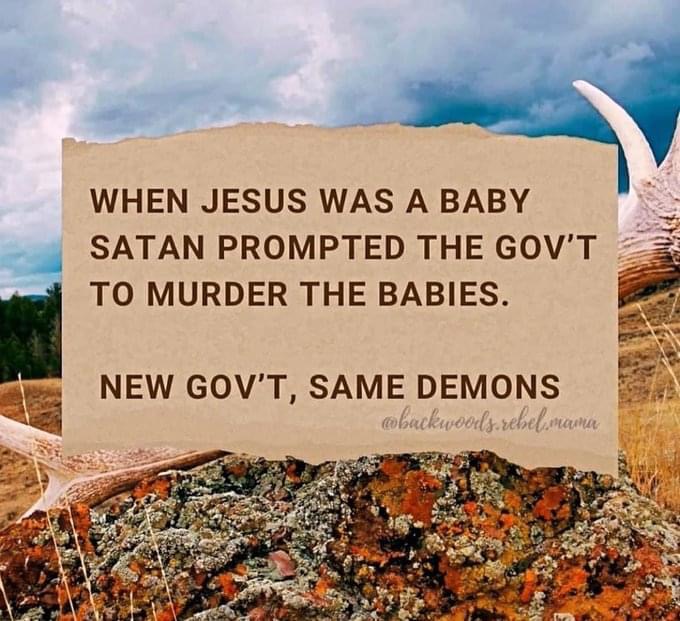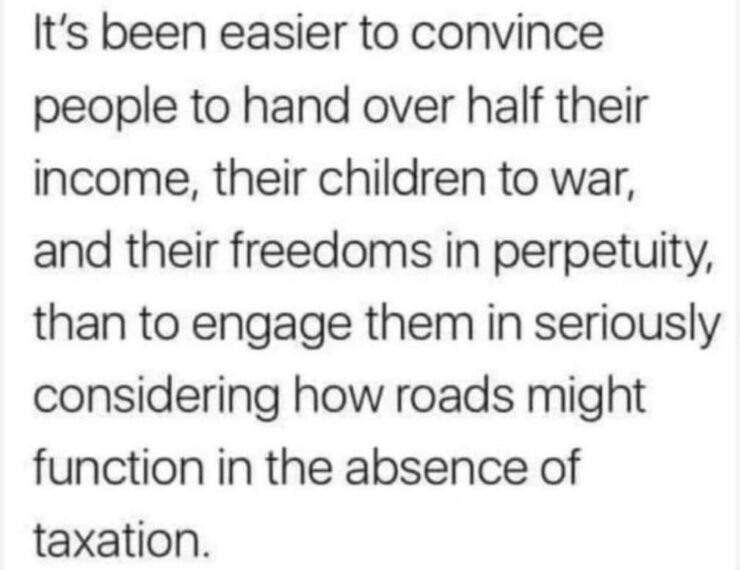So the Greeley Tribune is reporting that local groups are pushing for more “non-traditional” voters to make their voices heard in upcoming elections. The idea here? They’re focused on boosting participation from voters who might not typically engage—especially along lines of race, background, and community affiliation. Now, don’t get me wrong—everyone should vote. But this kind of emphasis on identity-based turnout makes it sound like we’re sorting voters by demographics as if we’re assembling a focus group instead of holding a democratic election.
Here’s the Snarkvark truth bomb: voting is about all people making their voices heard, not about crafting turnout like it’s a diversity seminar. Why the hell should anyone care more about the race or background of voters than the fact that they’re Americans with the right to vote? Encouraging broader turnout? Hell yeah. But turning voting into a demographic battle royale? That’s how we further divide people.
What really irks me is how this fits into a broader trend—where groups frame participation efforts not as empowering everyone but as spotlighting specific identities. Instead of ensuring that all citizens engage, it almost feels like the message is, “We need to fix the turnout to fit our idea of what democracy should look like.” Aren’t elections supposed to be about all citizens showing up, voting freely, and choosing leaders—without needing to assign racial or identity labels to their ballots?
This kind of approach can backfire, too. It risks alienating voters who feel like they don’t fit into one of the targeted categories. People are moving to Weld County precisely because they’re fed up with urban areas treating every issue like it needs to come with an identity scorecard. Democracy isn’t supposed to feel like a damn checklist for representation—it’s supposed to be about the equal participation of all citizens, no exceptions.
Let’s focus on making it easier for everyone to vote, with fair access and without the weird fixation on who ticks which demographic box. Because if we start measuring the success of elections by who votes instead of how many people engage, we’re losing sight of what democracy actually means.




